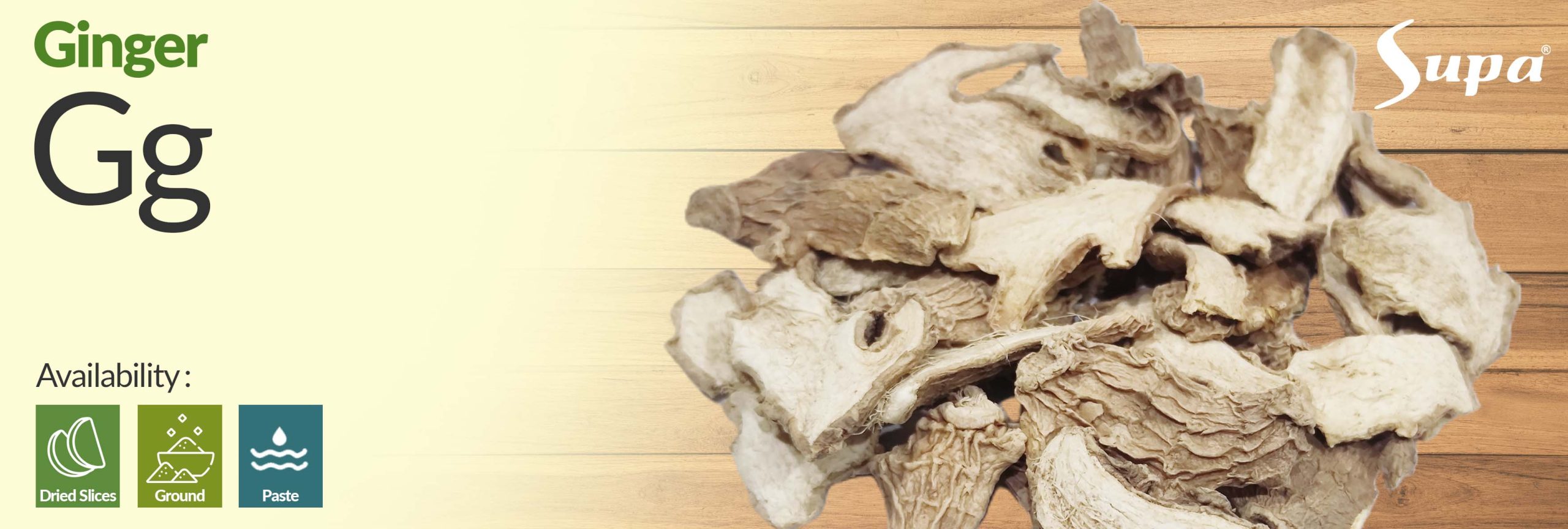
Ginger, scientifically known as Zingiber officinale, has a long and cherished history in Indonesia. Believed to have originated in Southeast Asia, ginger has been cultivated and used in Indonesian culture for centuries. It holds a special place in traditional medicine, culinary practices, and cultural rituals.
In Indonesian traditional medicine, ginger is highly valued for its potential health benefits. It is used as a herbal remedy for various ailments, including digestive issues, colds, and inflammation. Ginger’s active compounds, such as gingerol, contribute to its therapeutic properties and make it a popular herbal remedy in Indonesian herbal medicine.
Ginger is a fundamental ingredient in Indonesian cuisine and is featured in a wide range of dishes. It is often used in savory recipes like soups, stir-fries, and curries, as well as in sweet treats like ginger candies and beverages. The warm and pungent flavor of ginger adds depth and complexity to Indonesian dishes, making it an essential spice in the country’s diverse culinary traditions.
Beyond its culinary and medicinal uses, ginger also plays a role in Indonesian cultural rituals and practices. It is sometimes used as an offering in religious ceremonies, symbolizing blessings and prosperity. Ginger is also known to have cultural significance during traditional events and celebrations, where it is incorporated into special dishes served during festive gatherings.
Overall, ginger’s presence in Indonesia is a testament to its versatility and cultural significance. It remains an essential part of daily life, as well as an emblem of Indonesian culinary and herbal traditions. The enduring popularity of ginger in Indonesia continues to showcase the spice’s enduring appeal and importance in shaping the nation’s culture and cuisine.
Flavor: Ginger has a warm and zesty flavor with a subtle sweetness. It is often described as slightly spicy, but not overwhelmingly hot like chili peppers. The flavor of ginger is bright and refreshing, making it a popular choice in both sweet and savory dishes. Taste: When consumed, ginger delivers a mildly spicy and peppery taste with a hint of sweetness. The taste of ginger is more pronounced when it is freshly grated or chopped, releasing its natural juices and oils. Aroma: Ginger has a pungent and aromatic scent with citrusy and earthy undertones. The aroma of ginger becomes more apparent when it is sliced or grated, filling the air with its delightful fragrance.
Culinary Ingredient: Ginger is a versatile spice used in cooking to add flavor and aroma to a wide range of dishes. It is a key ingredient in many cuisines, including Asian, Indian, and Middle Eastern. Seasoning: Ginger is used as a seasoning for meats, vegetables, and stir-fries. It is often used in marinades, sauces, and dressings to add a zesty and warm taste. Herbal Tea: Ginger is used to make soothing and refreshing herbal tea. Ginger tea is enjoyed for its potential health benefits and is often used to ease nausea and aid digestion. Sweet Treats: Ginger is used in baking and desserts to add a subtle spiciness and warmth to recipes like gingerbread, ginger snaps, and ginger-flavored candies. Traditional Medicine: In various cultures, ginger has been used in traditional medicine for its potential medicinal properties. It is believed to have anti-inflammatory and digestive benefits.
Origin : Indonesia Botanical Name : Zingiber officinale Composition : Ginger Color : Beige Moisture Content : Max 10% Shelf Life : 12 Months Loadability : 20 FCL Package : Carton Packing *For more detailed specifications, please feel free to contact us.
Company Profile Brochure PDF


